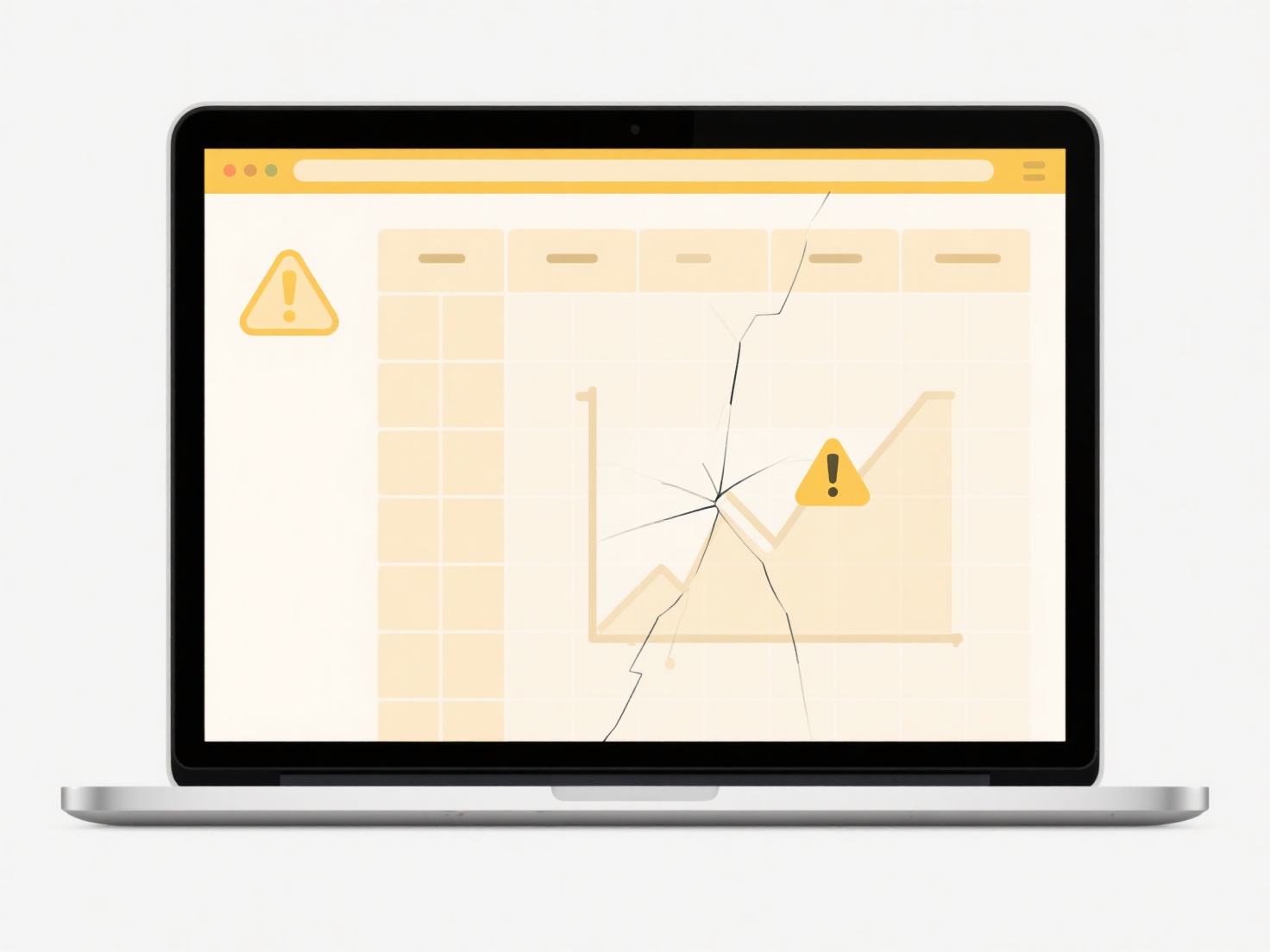
Exporting files from Microsoft Teams or Slack refers to the process of downloading copies of documents, images, or other files stored within these collaboration platforms to your local computer. Both platforms integrate cloud storage (OneDrive/SharePoint for Teams, Slack's servers with links to services like Google Drive) for file sharing. The core function is similar: you locate the file within a chat or channel and download it, saving it to your local device. Access permissions required to view the file online are generally needed to export it.

In Microsoft Teams, files shared in a channel are stored in the associated SharePoint site. To export, navigate to the Files tab in the channel, find the desired file, select the three dots (More actions), and choose "Download". For files shared directly in a private chat, find them under the Files tab in the chat window and download similarly. In Slack, locate the file message in any conversation or channel, hover over the file, click the three dots, and select "Download" or "Download file". This works for most file types like documents, spreadsheets, PDFs, and images.
Exporting files provides offline access and local backups. However, limitations exist: both platforms primarily facilitate collaborative editing online, and exporting a file creates a disconnected local copy; subsequent online edits won't update your local version automatically. Exported files lose direct link to associated comments. Critically, exported files remain subject to organizational retention policies and intellectual property regulations, so users must be mindful of data governance when handling them locally.
How do I export files from Microsoft Teams or Slack?
Exporting files from Microsoft Teams or Slack refers to the process of downloading copies of documents, images, or other files stored within these collaboration platforms to your local computer. Both platforms integrate cloud storage (OneDrive/SharePoint for Teams, Slack's servers with links to services like Google Drive) for file sharing. The core function is similar: you locate the file within a chat or channel and download it, saving it to your local device. Access permissions required to view the file online are generally needed to export it.

In Microsoft Teams, files shared in a channel are stored in the associated SharePoint site. To export, navigate to the Files tab in the channel, find the desired file, select the three dots (More actions), and choose "Download". For files shared directly in a private chat, find them under the Files tab in the chat window and download similarly. In Slack, locate the file message in any conversation or channel, hover over the file, click the three dots, and select "Download" or "Download file". This works for most file types like documents, spreadsheets, PDFs, and images.
Exporting files provides offline access and local backups. However, limitations exist: both platforms primarily facilitate collaborative editing online, and exporting a file creates a disconnected local copy; subsequent online edits won't update your local version automatically. Exported files lose direct link to associated comments. Critically, exported files remain subject to organizational retention policies and intellectual property regulations, so users must be mindful of data governance when handling them locally.
Quick Article Links
What’s the difference between file and folder permissions?
File permissions control access rights to an individual file, such as a document, image, or program. They determine exac...
Why does it say “This file is in use by another program”?
The "This file is in use by another program" message indicates the operating system prevents changes to a file because a...
Can I open files embedded in a PDF?
Embedded files store other documents (like spreadsheets, images, or presentations) directly within a PDF. They function ...